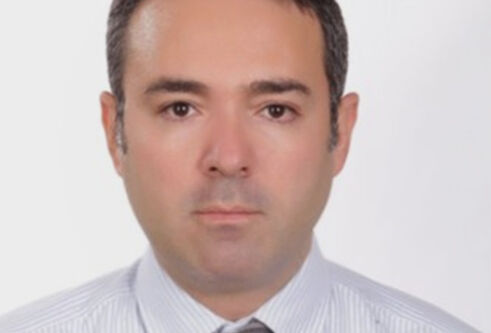PhD opportunity
Electroactive nanofibrous wound dressings for treatment of diabetic ulcers
Unfunded
30 September 2025
It is well-known that electroactive materials, such as conductive polymers, play a supportive role in adhesion, proliferation, migration, and differentiation of electrically excitable cells such as skin cells including keratinocytes, fibroblasts, endothelial cells, etc. Thus, an electroactive wound dressing could be crucial in regulation of cellular behaviour and provoking wound healing. This merit is largely promoted, if such a dressing releases antibacterial/anti-inflammatory factors into the wound in a controlled manner and biomimetics the nanofibrous structure of skin’s extracellular matrix (collagen filaments).
In this PhD research, we devise a novel electroactive nanofibrous wound dressing that enables electrical stimulation of the wound and meanwhile releases wound healing promoters such as anti-inflammatory/antibacterial agents when exposed to a minor voltage. This state-of-the-art wound dressing will be assayed to treat diabetic ulcers and to particularly lower inflammation and infection severity.
Diversity statement
Our research community thrives on the diversity of students and staff which helps to make the University of Dundee a UK university of choice for postgraduate research. We welcome applications from all talented individuals and are committed to widening access to those who have the ability and potential to benefit from higher education.
How to apply
- Email Dr Shahin Homaeigohar
- Send a copy of your CV
- Discuss your potential application and any practicalities (e.g. suitable start date).
- After discussion with Dr Shahin Homaeigohar, formal applications can be made via our direct application system.
